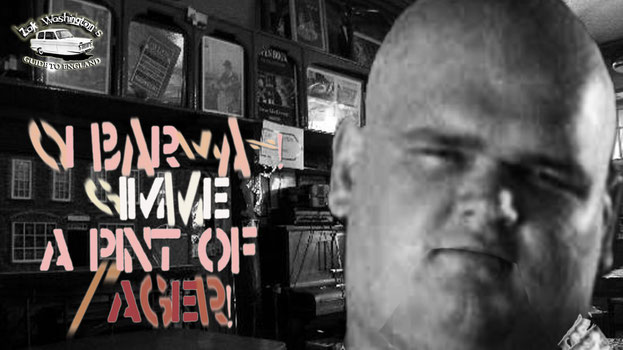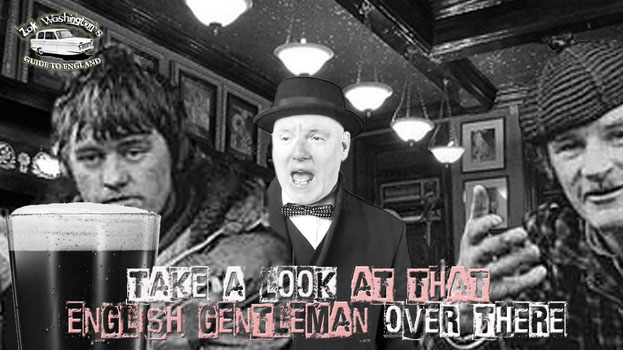
How to address people in English. Which terms do we use to address people directly and indirectly? How do you describe a person when you don't know their name?
Mate The basic meaning in colloquial English of Britain and Australian is friend. It is usually masculine. The American equivalent is buddy. These two words can be used directly to a person known or unknown. ‘Hey, mate! You’ve left your cigarettes on the table.’ ‘Oh, thanks buddy.’ These are typically masculine phrases. Girls do use them although they tend to do so more in the third person. ‘I like to go out with my mates on a Saturday night’ could be a man or a woman talking about male or female friends.
Bloke is different, because it usually is used to refer to an anonymous third person and is always masculine. ‘A bloke walks into a pub and says to the barman...’ ‘Who’s that strange bloke over there?’
Here is the latest ZakWashington video. This month Zak and the gang visit a typical British newsagent's:
Chap and fellow are similar to bloke as they can only be used to talk about a male third person. They are a bit more formal, and are now a little out of fashion. All three of these words are very British. ‘He is a really lovely chap who always buys the drinks!’
Lads is a slightly macho word to refer directly or indirectly to groups of men. This would be the most common way to speak to other members of a team. ‘Come on lads! Let’s give this team a good thrashing!’ The same situation in Britain with an all women team would require ‘Come on girls!’ or ‘Come on gals!’ ‘Girls’ of course, is used in this situation to talk about females of any age. Americans in either of these situations would use guys, which traditionally meant men only, but now can be used for any group of people.
A common Americanism is y’all which is a contraction of ‘you all’ or ‘all of you’. But you are in danger of sounding like a Texan cowboy if you overuse this. For you foreign girls, you might find it more difficult to directly address an unknown female on her own, as no single word exists in universal usage, probably because women tend to not start calling out to unknown people in the way that men do.

LIKE WHAT YOU SEE?
CLICK ABOVE AND SUBSCRIBE TO OUR YOUTUBE CHANNEL FOR REGULAR MONTHLY VIDEO TUTORIALS


